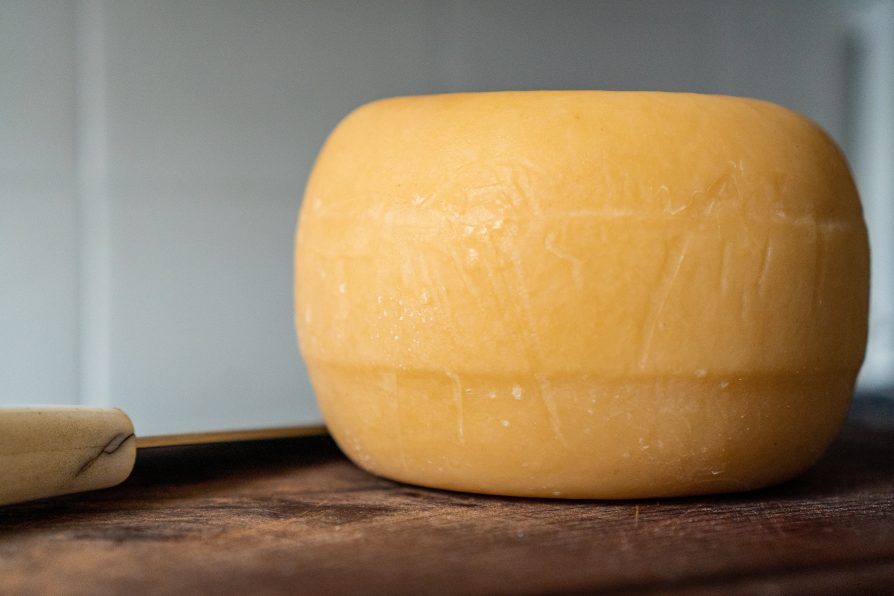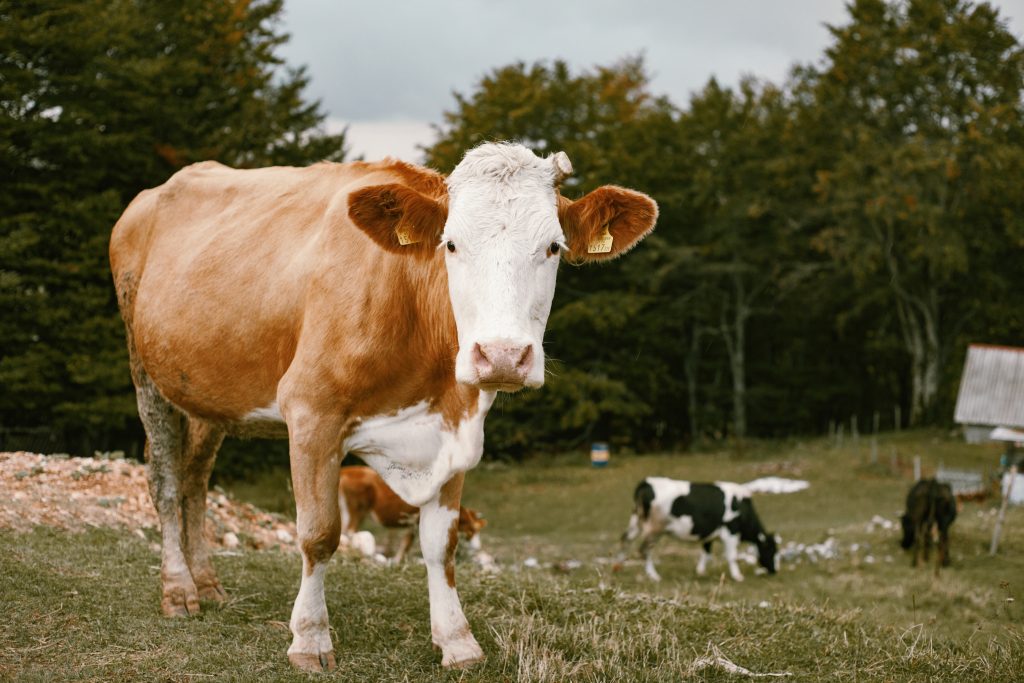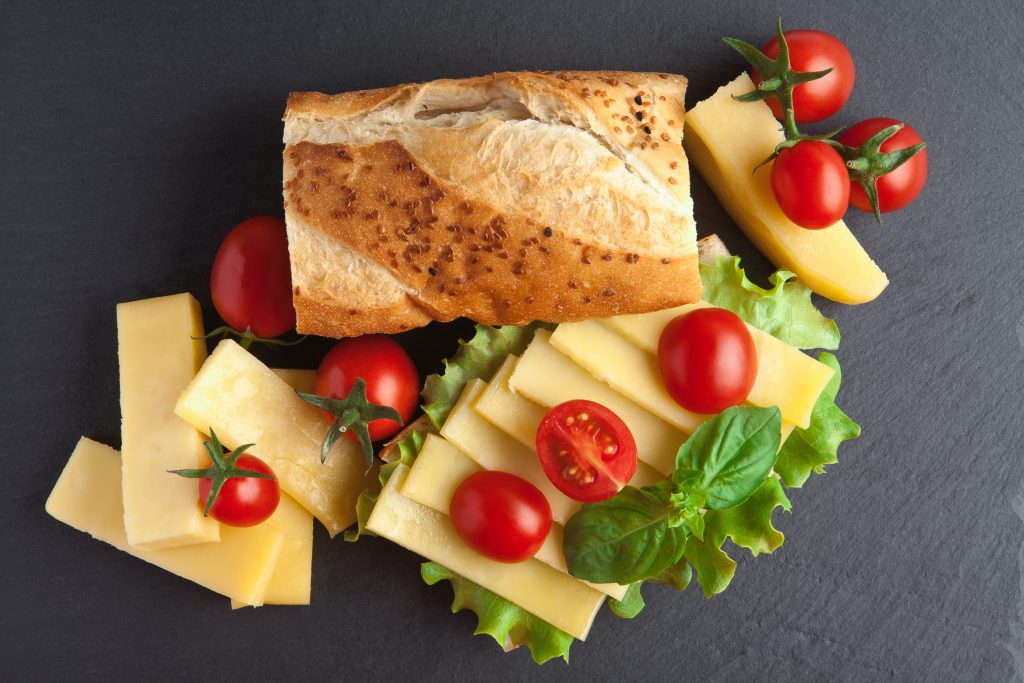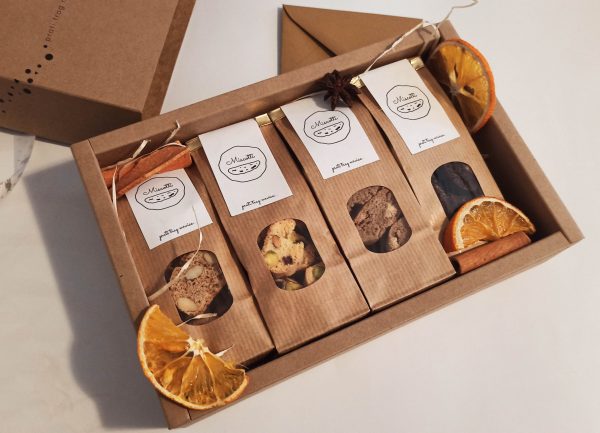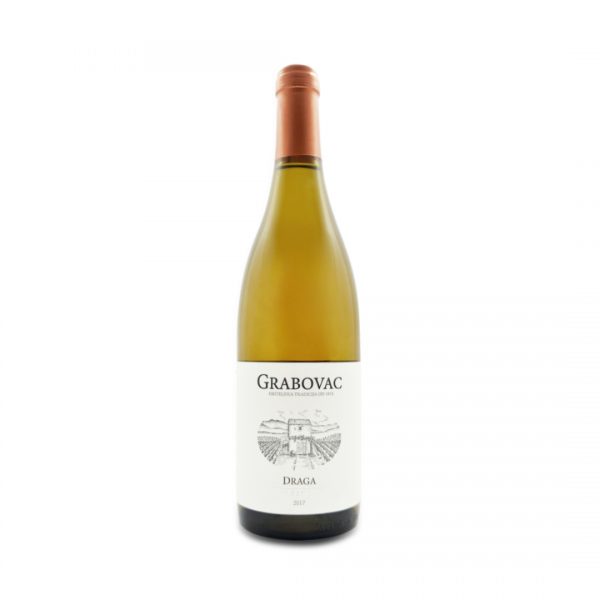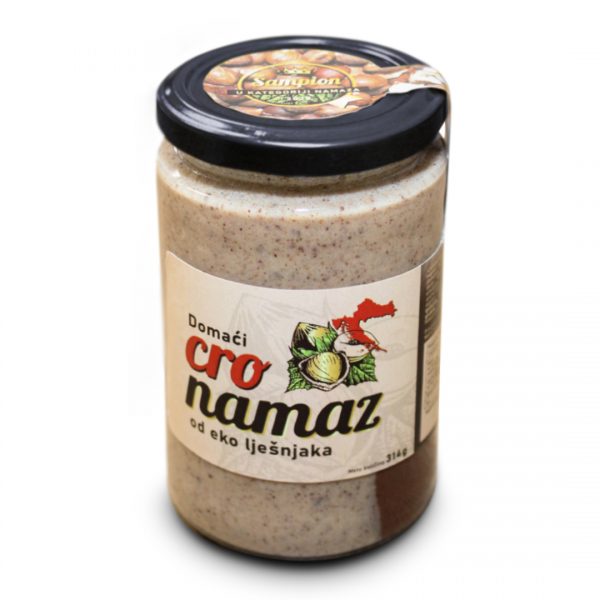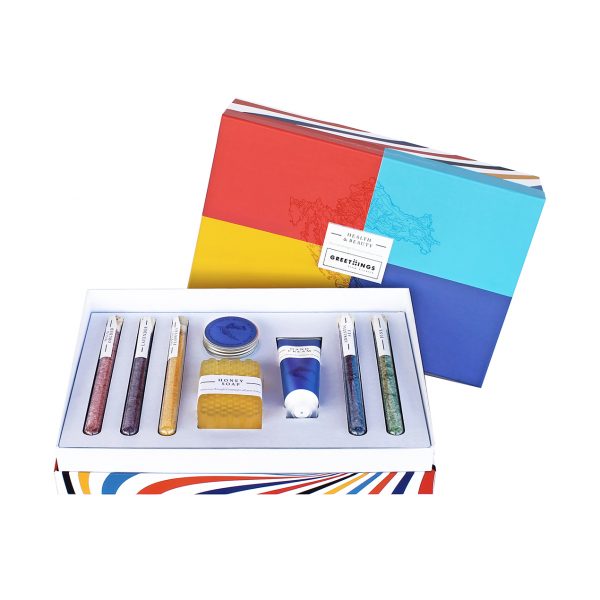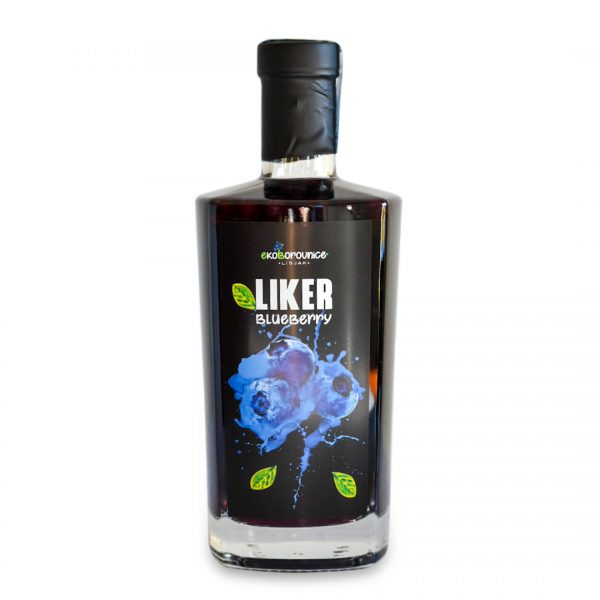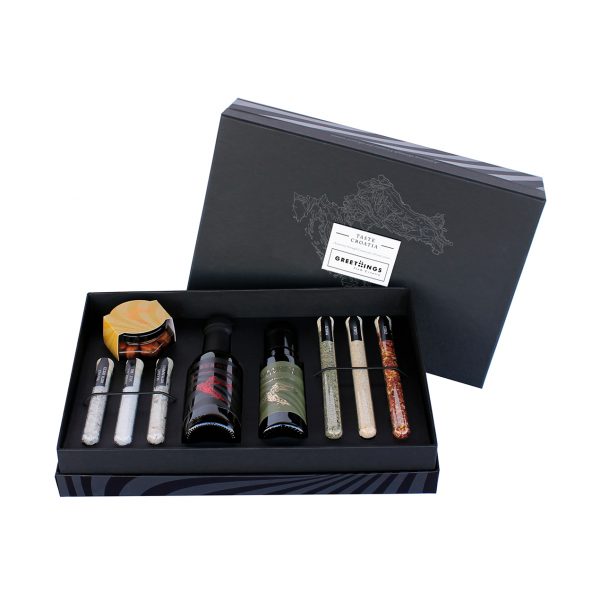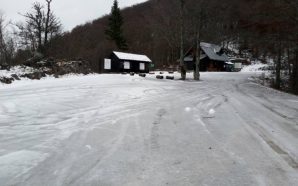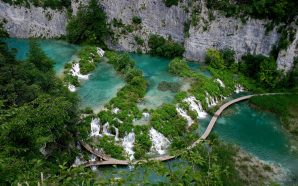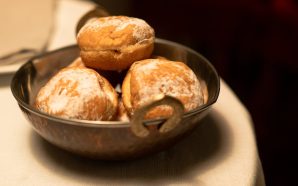Lika’s meadows are currently abundant with grass, but the excessive rainfall has made it challenging to carry out the necessary mowing.
This raises concerns about whether there will be an adequate hay supply for the upcoming winter. We have assessed the situation to determine how things are progressing and whether there will be enough of the renowned Lika cheese.
In the quaint town of Bužim in Lika, Zorka’s farm thrives with native inhabitants, including a hardworking Posavac horse, approximately 20 sheep, a flock of chickens, and three dairy cows. One of these cows astonishingly produces up to 25 liters of milk daily, forming the core animal component of Zorka’s farm.
Zorka Ćaćić from Bužim describes the challenging life of farming: “You can survive, but it’s demanding. There is no sick leave; I have to be consistently at work. I rise at 5:00 in the morning and typically finish around 10:00 in the evening, sometimes even later.”
For over two decades, Zorka has been crafting cheeses using traditional, homemade methods. She produces seven different varieties each day, selling them at markets in Gospić and Benkovac, as well as directly from her doorstep. Her cheeses have earned a reputation worth traveling for, even to the Smiljan forests.
Zorka mainly specializes in cooked cheeses, which are ideal for summer and travel, as she explains. The most renowned cheese from Lika is Škripavac, crafted from cow’s milk. It boasts a distinctive flavor and a delightful crunch when you bite into it, requiring a substantial 10 liters of milk for a single roll.
Uncooked cheeses involve straining and only slight heating of the milk. Ana Tomljenović from Smiljan provides insights into the cheese-making process: “For rennet curd, we don’t boil the milk. The milk is coagulated with a stick, a pinch of salt is added, and once it sets, you know it’s ready. It’s then mixed, molded, and that’s it. It’s a straightforward, quick process.”
The tradition of cheese-making is skillfully handed down through generations, as Ana Tomljenović mentions, even involving her granddaughters.
Due to an exceptionally rainy spring, the grass has grown excessively, but it remains uncut. Ivan, who needs about 6,000 small hay bales for his cows and sheep, is currently turning over the freshly cut hay to dry. The situation with mowing is precarious due to the persistent rainy weather, making it impossible to proceed until conditions improve.
Ivan Serdar from Bužim emphasizes the challenges of the situation: “Mowing is a very tough situation, especially with the current weather. It has been raining daily. We can’t mow until the weather improves. They are forecasting some changes in a few days, but it’s essential to dry the hay for at least seven days after five or six days of mowing before it can be stored in the barn.”
SOURCE: danas.hr
PHOTOS: Unsplash

